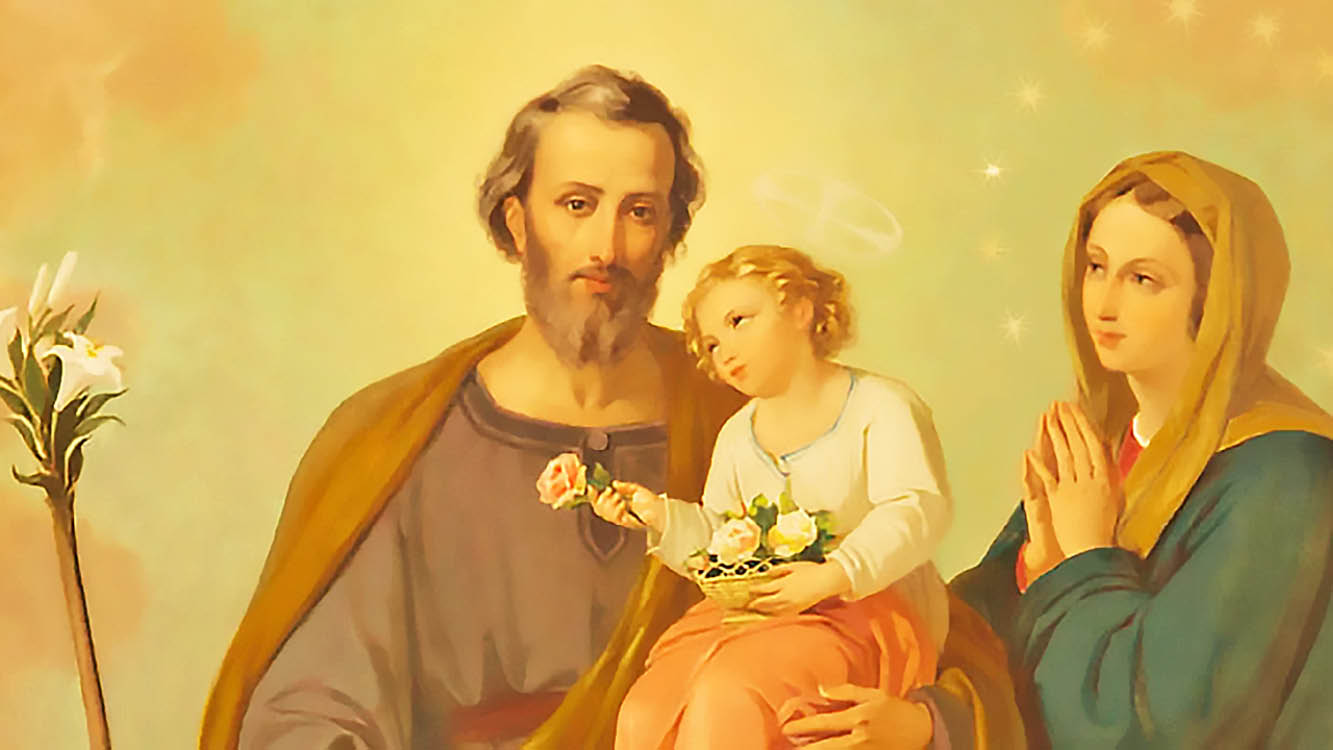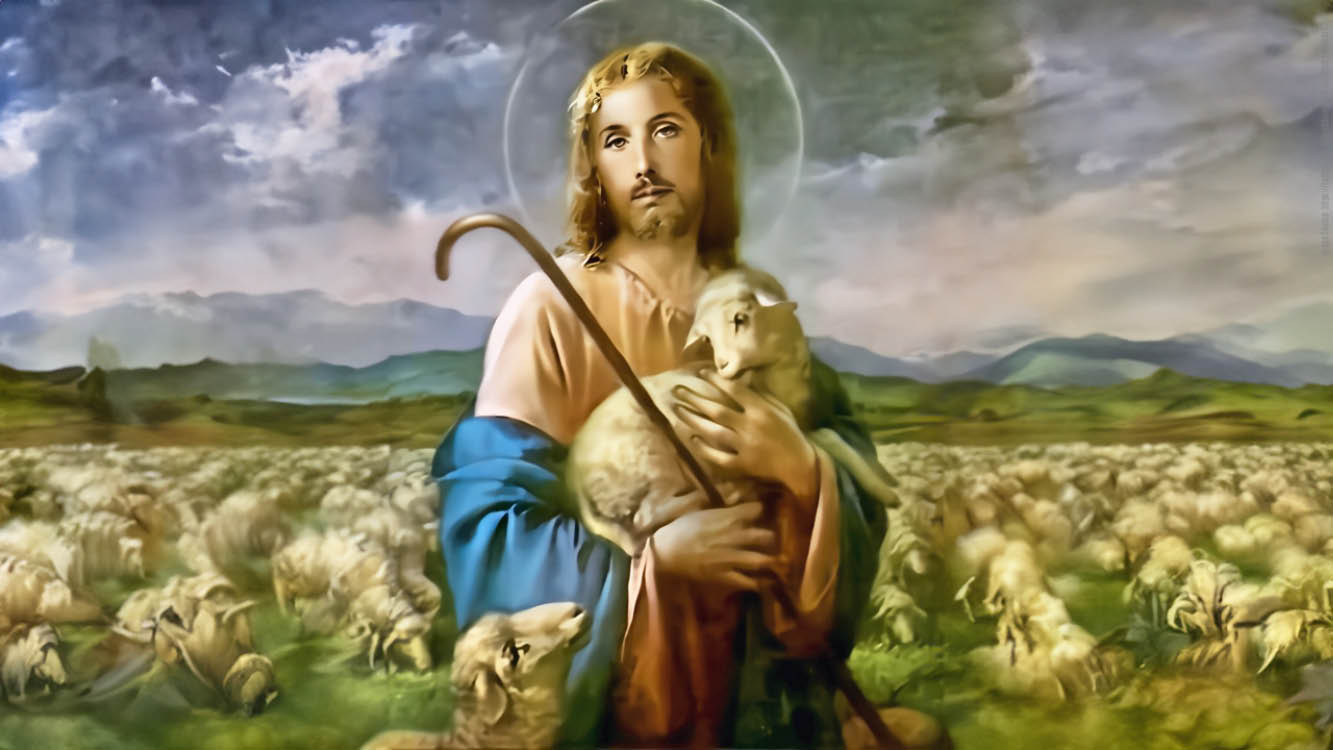Reflection on the Gospel of the Twentyninth Sunday In Ordinary Time |
Mark 10:35-45 |
The passage Mark 10:32–34 is a very detailed Passion prediction that precedes today’s Gospel. The second unit (10:35–40) is a dialogue between the two sons of Zebedee and Jesus in which James and John manifest their failure to comprehend the mystery of the cross. The third unit (10:41–45) is an instruction in which Jesus proposes to the disciples his ideal of servant leadership as the humble service of others and interprets his own suffering and death as a “ransom for many”—an atoning sacrifice.
It is extremely clear that the apostles have failed to understand the message and mission of Jesus. They do not understand sacrificial love. According to Jesus true greatness involves the service of others. His ideal of servant leadership should prevail among his disciples during his earthly ministry. The same ideal exposes the foolishness of speculations about pre-eminence and power in the coming kingdom.
Jesus presents his followers with a counter vision to the ethos of the time, he now gives them a lesson on the exercise of power. Gentile rulers lord it over their subjects, and their “great ones” make their authority felt. Gentile (that is, Roman) power was exercised primarily through force, intimidation, and a network of patronage that tried to insure absolute loyalty to the emperor. But the way in which power is maintained in that the world of rulers and the ruled is anathema to true followers of Jesus. His teaching about the servant leadership he exemplified is opposed to any fascination with power and precedence in church life. The church of every age must be wary of imitating those oppressive structures of power and prestige that characterize the rulers of this world, and must imitate the kind of servant leadership embodied in Jesus, who gave his life that others might be free.




